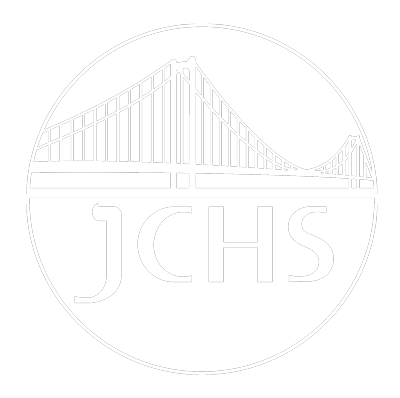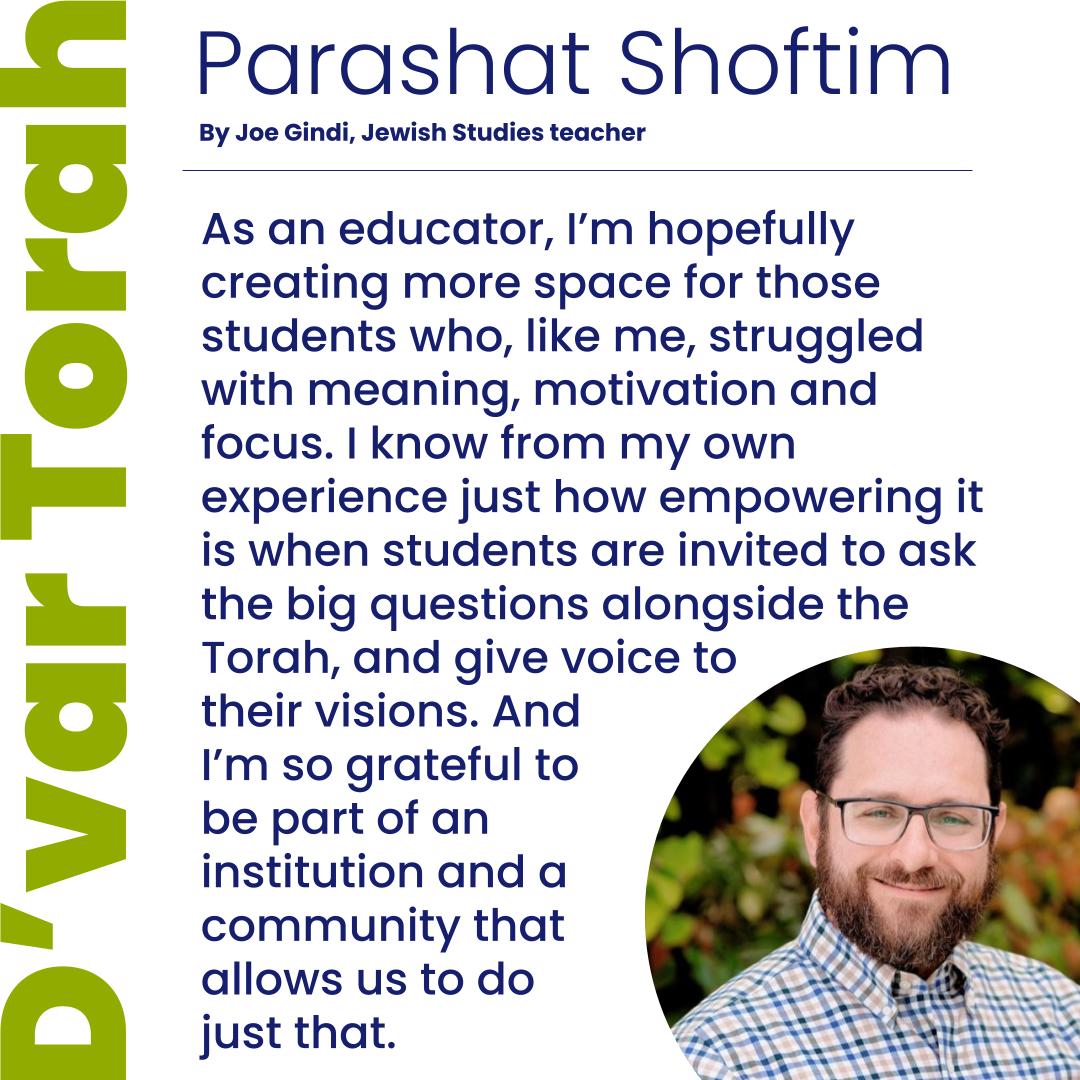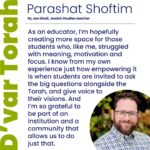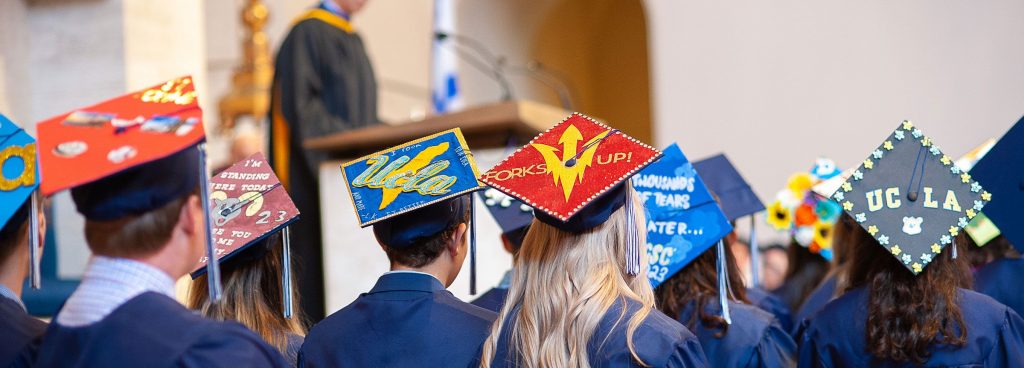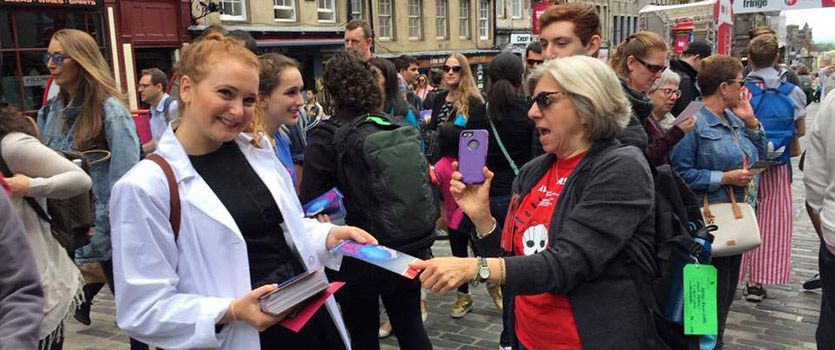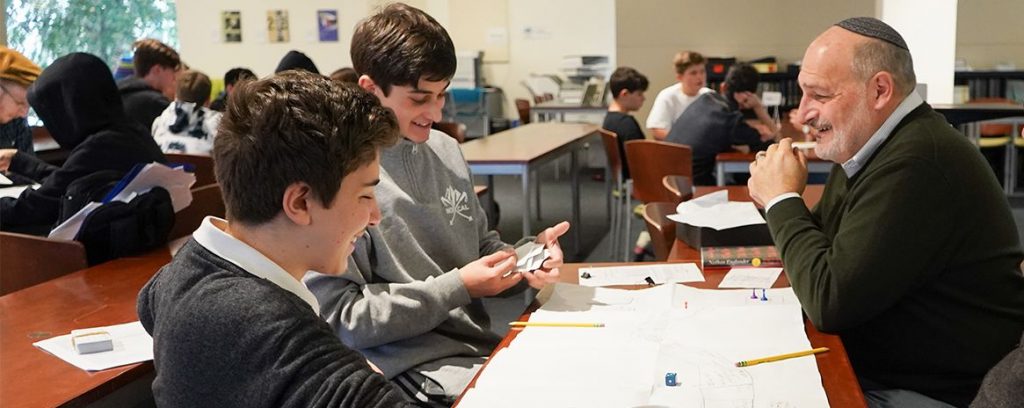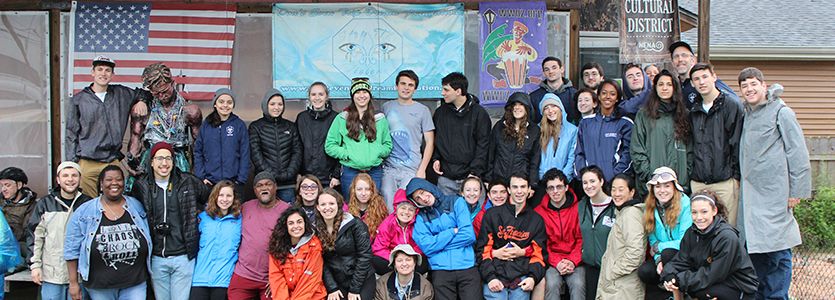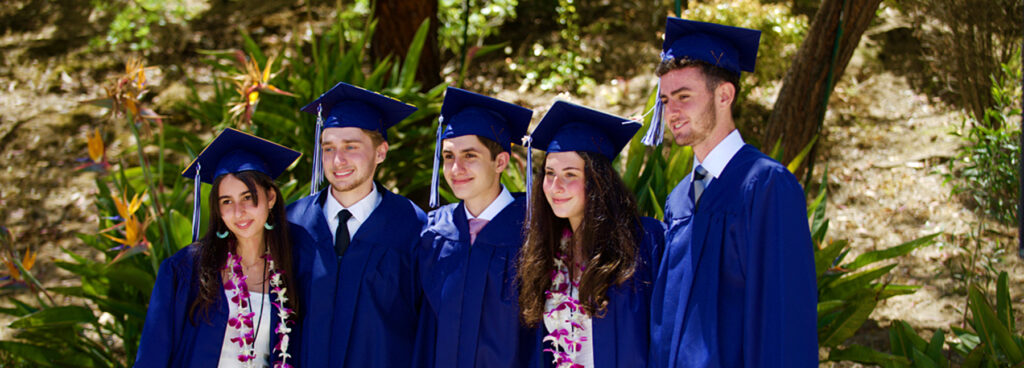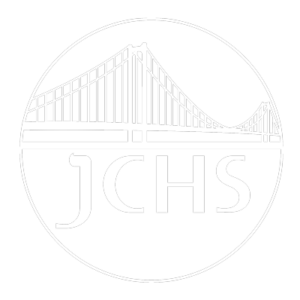by Joe Gindi, Jewish Studies Teacher
Thirty three years ago I was called to the Torah for the first time to chant Parashat Shoftim. As a Bar Mitzvah boy of 12, I didn’t see what the Torah had to say to me. I had left the Orthodox Jewish day schools that were the norm in the Syrian Jewish community that I grew up in. I was embarrassed that my Hebrew reading wasn’t as clear and fluid as my peers’, and I struggled to memorize the Yerushalimi-style cantillation that I was supposed to perform. This ritual, chanting a language I didn’t understand, wrapping myself in leather straps that were too wide to comfortably fit my 12-year-old body, felt distant and foreign. I was doing this because my family expected me to. And doing things because they were expected was not really motivating for me at that age (or now).
Then, my mom, who was not particularly religious herself, sat me down with my Torah portion. We read about the establishment of systems of justice, about the qualifications for capital punishment, about the desire of the Israelites to establish a monarchy, and the limitations on that power that the Torah lays out. We read about the qualifications for prophecy, the establishment of cities of refuges, and finally, about the rules for conduct of war.
After we read the text, my mom asked me a question nobody had yet asked me in the 12 years prior. “This portion seems to be about leadership and about justice,” she said. “If you could send a message to leaders, what would it be? If you had the opportunity to address big questions of justice, what would they be?” And so, with her support, I wrote a bar mitzvah d’var Torah that addressed the challenges and injustice that I saw in the world. In the end it was about educational reform and environmental sustainability, two issues that felt personal and important to me as a 12-year –old struggling to find meaning, motivation and focus in my schoolwork.
After I stood up in my Orthodox shul and shared this vision (I really wish I still had a copy of the speech), I got a combination of both cheers and jibes from congregants. For some it was “cute” that I was trying to address these major issues – “oh, he’s already a little activist.” Others congratulated me for my seriousness and dedication.
For me, though, this experience was a real turning point. Someone (my mom) had taken seriously my thoughts and my concerns, and the community had given me a platform. Not only that, I had found the frameworks and language in Torah for expressing this vision. It really changed my relationship with Torah, and with the possibility that was a place for my voice in my community.
Now, as a teacher at JCHS, I really strive to replicate some of that experience in my teaching, to provide a space for students to grapple with their own visions of justice, of Jewish life, and for them to know their voice has a place in the Jewish community. As an educator, I’m hopefully creating more space for those students who, like me, struggled with meaning, motivation and focus. I know from my own experience just how empowering it is when students are invited to ask the big questions alongside the Torah, and give voice to their visions. And I’m so grateful to be part of an institution and a community that allows us to do just that.
